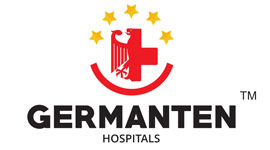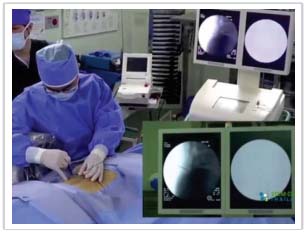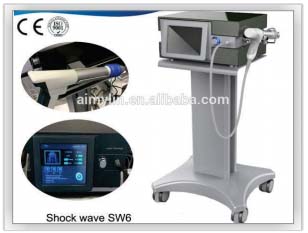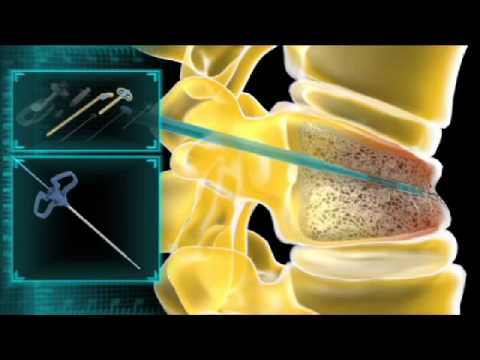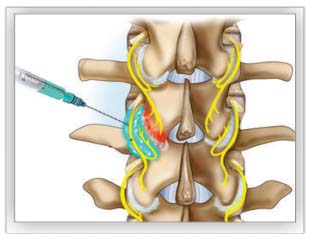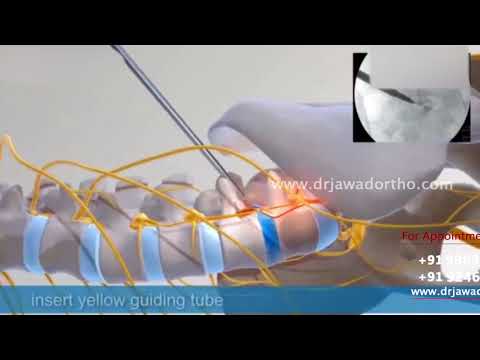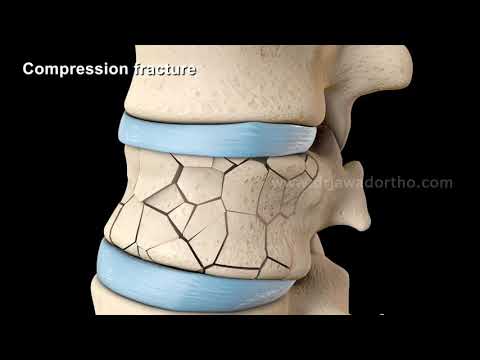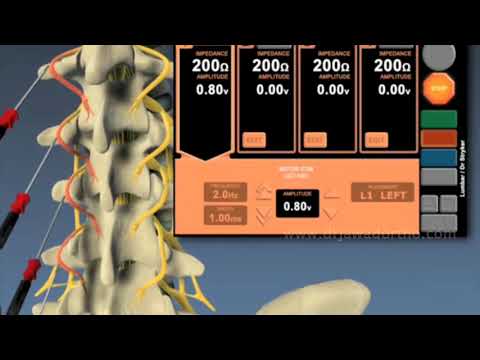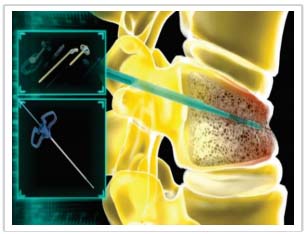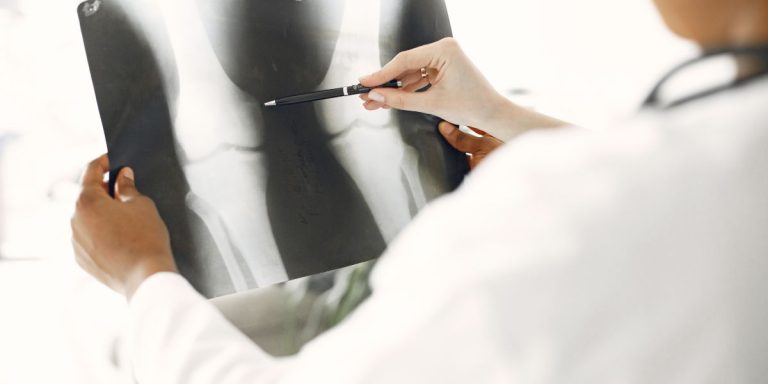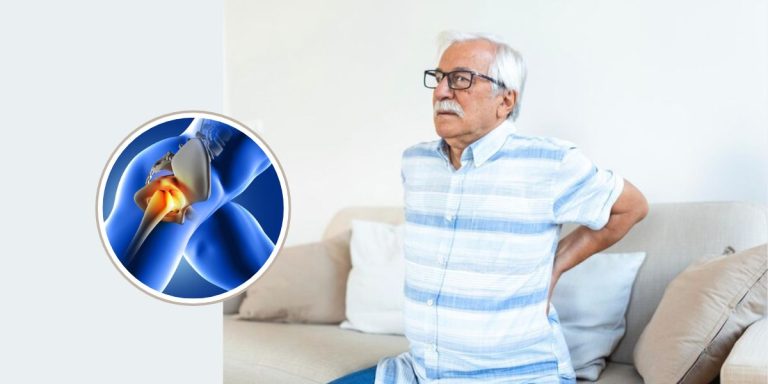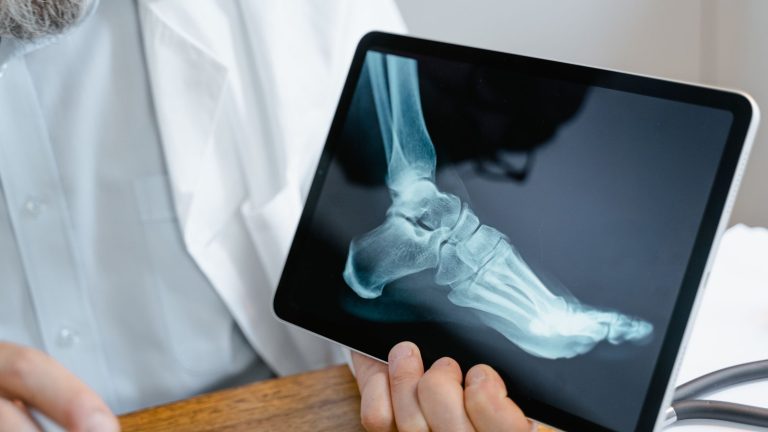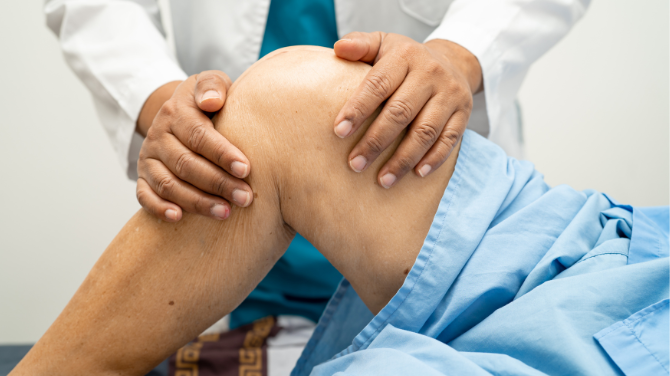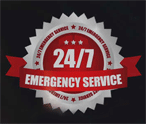Department of Spine & Neurology
GERMANTEN HOSPITALS, CENTRE OF EXCELLENCE IN SPINE SURGERIES & CARE LEAD BY EXPERT SPINE SURGEONS WHO ARE INTERNATIONALLY RECOGNISED.
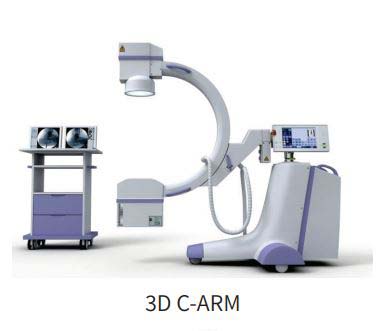
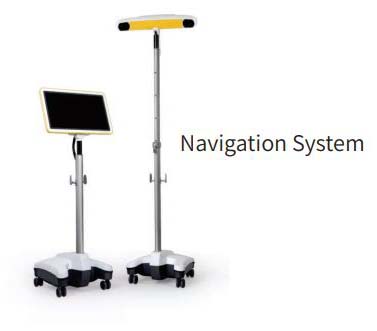
World class Non-surgical Treatments for Back Pain and Sciatica
FLUOROSCOPIC / ULTRASOUND / ENDOSCOPIC/ CT GUIDED PROCEDURES:
- Cervical & Lumbar Discography with Intradiscal Decompression (Biacuplasty, Stryker Drill Dekompressor Arthrocare coblation, Hydrocision & Endoscopic)
- Lumbar / Cervical / Caudal /Transforaminal Decompressive Neuroplasty with Epidural Adhenolysis &
- Balloon Neuroplasty, Selective Nerve Root Blocks & PRF of DRG
- Facet(Cervical / Thoracic / Lumbar) RF Denervation, Facet Joint Blocks
- Vertebroplasty, Balloon Kyphoplasty, Sacroplasty
- Ozonucleolysis (Cervical / Thoracic / Lumba)
- Trigeminal/ Sphenopalatine / Glossopharyngeal RF / Chemical Blocks
- Stellate Ganglion Sympathectomy (RF/Chemical)
- Celiac Plexus / Splanchnic / Superior Hypogastric / Impar Blocks (RF/Chemical)
- Lumbar/ Thoracic / T2, T3 Sympathectomy (RF / Chemical)
- Intrathecal / Epidural Catheter & Pumps, SCS & Lead Placement
- Carpal Tunnel / Suprascapular / Lat. Cut N of Thigh / Inguinal Nerves Blocks
- SI Joint Block & RF Denervation
- Shoulder, Knee & Joint Blocks
- Paravertebral & Psoas Compartment Block
- Piriformis & other Somatic Musculoskeletal Injections & other procedures of your choice / interest
NON OPERATIVE WORLDCLASS TREATMENTS FOR SPINE
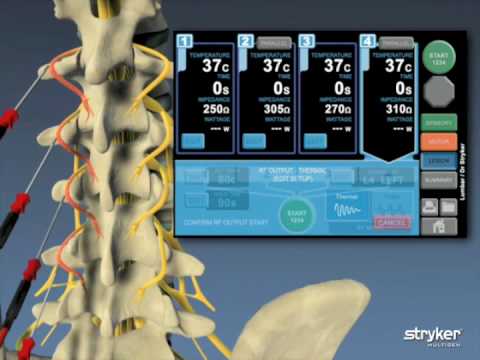
Back pain is one of the most common health problems prevalent among a large number of people. Continuously sitting for long hours, lack of exercise and unhealthy working habits are some of the most common causes of back pain. Typically, back pain is treated with simple medications or exercises. It is only when all this fails and quality of life is severely affected that the doctors recommend spine surgery to treat severe and prolonged back pain condition.
Usually, doctors recommend surgery as a treatment option for spinal problems after several months of all other treatment, which fail to provide any relief to the patient’s back problem. There are different kinds of spinal surgeries that the doctors may recommend after thoroughly assessing your health condition.
SOME OF THE COMMON NECK & BACK CONDITIONS WHICH ARE TREATED NON- OPERATIVELY ARE
- Sciatica
- Cervical & Lumbar disc prolapsed
- Cervical & Lumbar spondylosis
- Spondylosis / Hiscs
- Sacroiliac Arthritis
- Lumbago
- Vertigo ..Etc
- Spinal stenosis
- Degenerative Disc Disease
- Facet Arthropathy
Procedures:
Fluoroscopic / Ultrasound / Endoscopic/ CT guided procedures:
- Cervical & Lumbar Discography with Intradiscal Decompression (Biacuplasty, Stryker Drill Dekompressor Arthrocare coblation, Hydrocision & Endoscopic)
- Lumbar / Cervical / Caudal /Transforaminal Decompressive Neuroplasty with Epidural Adhenolysis &
- Balloon Neuroplasty, Selective Nerve Root Blocks & PRF of DRG
- Facet(Cervical / Thoracic / Lumbar) RF Denervation, Facet Joint Blocks
- Vertebroplasty, Balloon Kyphoplasty, Sacroplasty
- Ozonucleolysis (Cervical / Thoracic / Lumba)
- Trigeminal/ Sphenopalatine / Glossopharyngeal RF / Chemical Blocks
- Stellate Ganglion Sympathectomy (RF/Chemical)
- Celiac Plexus / Splanchnic / Superior Hypogastric / Impar Blocks (RF/Chemical)
- Lumbar/ Thoracic / T2, T3 Sympathectomy (RF / Chemical)
- Intrathecal / Epidural Catheter & Pumps, SCS & Lead Placement
- Carpal Tunnel / Suprascapular / Lat. Cut N of Thigh / Inguinal Nerves Blocks
- SI Joint Block & RF Denervation
- Shoulder, Knee & Joint Blocks
- Paravertebral & Psoas Compartment Block
- Piriformis & other Somatic Musculoskeletal Injections & other procedures of your choice / interest
Our dedicated team of spine surgery consists of orthopedic spine surgeons, neuro surgeons, neuro physicians and physiotherapists form a comprehensive group. Spine surgery deals with spectrum of disorder related to vertebral column and spinal cord.
Conditions treated by our Spine Surgery team include
- Slipped disc/herniated disc
- Spinal stenosis
- Scoliosis/kyphosis
- Sciatica
- Spondylolisthesis
- Degenerative disc disease
- Traumatic disorders
- Phylogenic infections or Tuberculosis(most common) or any other
- Various tumors affect spine, Benign / Malignant
- Previously operated / failed back surgery
Emergency spine traumas
Complex spinal deformity corrections – Scoliosis , Kyphosis & kyphoscoliosis
Conditions treated by our Spine Surgery team include
Spinal disc surgeries
- Lumbar & Cervical
- Spinal stenosis surgeries – Lumbar & Cervical
- Interbody Fusions
- Minimally invasive spine surgeries
- Vertebroplasty & Kyphoplasty
- Minimal Access Spine Technologies (MAST)
- Dynamic stabilisation
- Osteoporotic fractures
- Navigation guided spine surgeries
- Pain management services
Our spine Department In Hospital offers state of Art Operating Theater facility which Includes :
I suite Operating Theaters – We designed our operating Theaters to Create Optimal Operating Environment for surgeons, staff and patients as its efficiencies make positive Impact on patient care.
OPMI VARIO 700 CARL ZIESS operating microscope – This world class Operative Microscope is used for good three Dimensional visualization of fine structures with simultaneous illumination and magnification of operating field for improving spine surgery manifolds.
We always strive to perform spine surgeries in Minimal Invasive way.
Spinal Cord Neuromonitoring system: Neuromonitoring is most exciting innovations to come into spine surgery. Think of it, what surgeon would dare operate without blood gas monitoring? Or blood pressure monitoring? So why operate without nerve monitoring? It’s an important technological advancement to safe guard spinalcord functions during critical spine surgeries like scoliosis and kyphosis corrections.
Emergency spine traumas
Complex spinal deformity corrections – Scoliosis , Kyphosis & kyphoscoliosis
Conditions treated by our Spine Surgery team include
Spinal disc surgeries
- Lumbar & Cervical
- Spinal stenosis surgeries – Lumbar & Cervical
- Interbody Fusions
- Minimally invasive spine surgeries
- Vertebroplasty & Kyphoplasty
- Minimal Access Spine Technologies (MAST)
- Dynamic stabilisation
- Osteoporotic fractures
- Navigation guided spine surgeries
- Pain management services
Surgical treatment of spinal problems at Germanten Hospital
With an experience of two decades and extensive research and education in the field of orthopedics Dr. Mir Jawad Zar Khan is the best surgeon for spine surgery in Hyderabad. With advanced training from Germany he has taken part in many thousands of operations and brings to his patients the type of care rarely found in India.
Back pain is a pervasive and widespread problem among the population. It is reasonable to consider the surgical solution if –
- pain does not decrease after months of conservative treatment
- pain does not respond to drugs
- pain causes a significant limitation of basic daily activities
Some surgical procedures are minimally invasive (microdiscectomy for herniated discs) and allow rapid recovery, while others (vertebral fusions) are more invasive.
The Germanten Hospital is a center of excellence in the field of vertebral surgery, designed to surgically solve the diseases affecting the back (fractures, hernias, stenoses, etc.).
Vertebral fractures
As part of the treatment of vertebral fractures, stabilization and vertebroplasty are the basis for the reduction of this type of fracture. By stabilization we mean the application of metal plates, screws or bone grafts to keep two adjacent vertebrae firm and firm, while vertebroplasty means cementation of the fractured vertebrae through a percutaneous injection of a cementing substance.
Cervical and lumbar disc hernia surgery
The herniated disc operation is performed following a rupture of an intervertebral disc whose fibrous-elastic material comes out of its natural seat between 2 vertebrae and causes a compression of the nerve roots with consequent back pain and pain (lumbago, sciatica, radiculopathy) and/or tingling and numbness of the lower limbs (paresthesia). In severe cases, the hernia can cause movement difficulties, paresis, cauda equina syndrome. Surgery consists of removing the herniated disc. There are different types: simple discectomy is the removal of the hernia through partial or total microsurgical removal of the nucleus pulposus; laser ablation involves the use of high-frequency energy to vaporize the nucleus pulp.
Stenosis surgery of the cervical and lumbar canal
The stenosis of the channel cervical is a condition in which occurs a decrease in the diameter of the vertebral cervical channel that causes a painful symptomatology that can vary from a cervical pain in the milder cases up to appearance of a myelopathy that is manifested with hypostenia to the limbs, increase of the reflexes, difficulty in the deambulation with eventual spasticity in the most advanced cases; characteristic is the Lhermitte sign (sensation of generalized electric shock following bending of the neck).
Vertebral arthrodesis
In the case of degenerative pathologies of the vertebral column and / or its instability, vertebral arthrodesis surgery can be used, which allows the use of metallic or non-metallic implants (cage, plate-cage, screws, plates, bars, hooks) to bind and fix spinal bones and to stabilize it with reduction of pain and deformities.
Spondylolisthesis
The spondylolisthesis is a disease characterized by a slow and progressive sliding forward of a vertebra concerning the underlying cause of lumbar pain generally accentuated by rapid and sudden movements and/or by physical efforts. The surgery consists of a lumbar fixation: by using bone grafts and instruments, such as metal plates and screws, this procedure allows to blend or create a link between two or more adjacent vertebrae. This intervention is aimed at stabilizing the spine and relieving pain.
The advanced spinal surgery center in Germanten Hospital treats using –
- Microsurgery and fusion procedure under 3D Image intensifier with flat panel technology
- Brain Lab Navigation system to ensure a precise surgical result
- Intra operative Nerve Monitoring systems for disc lesion and sciatica surgery
The most exceptional care for spinal surgery with quick recovery time is assured under the guidance of Dr. Mir Jawad Zar Khan.
Intraoperative neurophysiological monitoring (IONM)
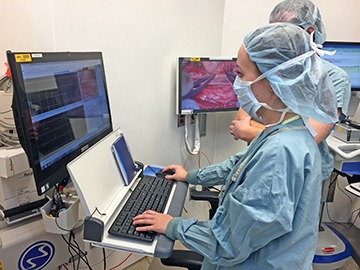
Intraoperative neurophysiological monitoring (IONM) or intraoperative neuromonitoring is the use of electrophysiological methods such as electroencephalography (EEG), electromyography (EMG), and evoked potentials to monitor the functional integrity of certain neural structures (e.g., nerves, spinal cord and parts of the brain) during surgery. The purpose of IONM is to reduce the risk to the patient of iatrogenic damage to the nervous system, and/or to provide functional guidance to the surgeon and anesthesiologist.
